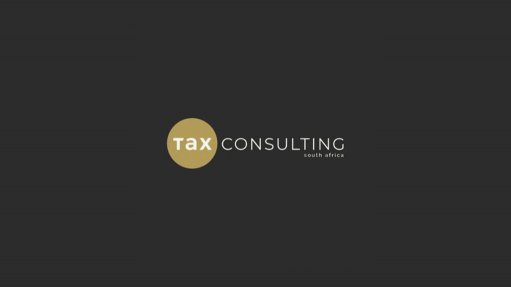
The Covid pandemic has brought a lot of changes in terms of how employees render their services. The theme of employees working remotely has become more prevalent, and there has been a rise in South Africans working for foreign companies while still living in South Africa.
The implications of the above can lead to employees being taxed by SARS and by the country where their employer is located.
South Africa’s residence-based system
South Africa uses a residence-based tax system, which means that South African tax residents will be taxed on worldwide income (including all South African sourced income). Tax non-residents will only be taxed on South African sourced income and certain capital gains. Citizenship, therefore, has minimal to no impact on how a person will be taxed, tax residency is what determines the tax regime applicable.
Statutory Provisions
Section 9 of the Income Tax Act (“The Act”) provides certain scenarios in which the source of income is considered to be located in South Africa. The following sources of income are set out by The Act –
- Dividends: The residency of the company will determine the source.
- Interest: The source of income will be determined by the residence of the debtor paying/incurring the interest and the place in which the loan funds are utilized or applied.
- Royalties: The source of royalties, unless the royalty in question is attributable to a permanent establishment situated outside of South Africa, will be based on the residence of the party paying the royalties. Furthermore, income accrued from royalties will be deemed to be from a South African source if they are in connection with the use, the right of use or the grant of permission to use intellectual property in South Africa.
- Payment relating to imparting scientific, technical, industrial, or commercial knowledge: These payments will be from a South African source if incurred by a South African resident and if the information is of use in South Africa.
- Income from employment in the public sector: If a person is appointed to public office by an Act of Parliament, any income earned will be considered South African sourced income. The same applies to any amount received by a person who is in the employ in the various tiers of Government.
- Income from annuities and pensions: The source of any lump sum pension or annuity paid out will be determined by the location that the services were rendered to earn these amounts. If the person rendered this service in more than one country, then the income should be apportioned between the countries.
- Income from sale of asset: An amount received by a person in respect of the disposal of any right in immovable property is considered to be from a source in South Africa if that immovable property is situated in South Africa.
Common Law Provisions
There are some sources of income that do not fall within the ambit of The Act and the principles of the common law must be applied in these instances. The following sources of income will therefore be determined by the application of these principles (keeping in mind there is always nuance) –
- Income from employment and services rendered: Source of income will be the location where the person physically rendered their services to earn the said income.
- Incidental services: If a person renders employment service in more than one international location, there will be apportionment between those locations and each country will have the right to tax a portion of the remuneration received. The nature of the services rendered will also be considered when determining the source of income.
- Partners: Income from the partnership is sourced where the relevant partner renders his services.
- Income generated from rented immovable property: The location of the immovable property would be used to determine the source of rental income.
Treatment of South African sourced income
It is important to note that South African sourced income will always be taxable, the fact that the employee is a tax non-resident will have no effect on this. It is therefore important to be cognizant of this fact when engaging with your foreign employer in terms of tax payable on your salary.
The deciding factor, which is the approach that SARS takes in determining where the income is sourced, is to determine where the service was rendered to “earn” the employee’s income. To assist the taxpayer in circumstances where they will be “double taxed” by SARS and the foreign country, there is relief provided for in Section 6quat of the Income Tax Act; although, full tax reduction is, in practice, unlikely.
It is suggested that, if working remotely while in South Africa, the taxpayer ask their foreign employer to consider their remuneration (earned for workdays spent in South Africa) as non-taxable in that foreign country, as the source of income will be in South Africa.
The same result will occur if the employer is a South African company, and the employee is working in a foreign country. The employee could in effect be double taxed and this may lead to an administrative nightmare with continuous disputes and requests on both sides of the pond. The best approach, and the approach recommended by SARS, is for the relevant employer to change the source code to reflect the tax status and liability of the taxpayer; for example, where appropriate, as non-taxable foreign income.
However, it must be cautioned that income earned in any country cannot merely be treated as non-taxable on the basis that the source of the income is not in that country. The principles of tax residency and the applicable income source rules must be properly, and carefully, applied in each case.
It is recommended that you consult with a qualified tax practitioner ahead of the new tax season opening 1 July 2022.
Written by Martin Bezuidenhout, Expatriate Tax Attorney at Tax Consulting SA